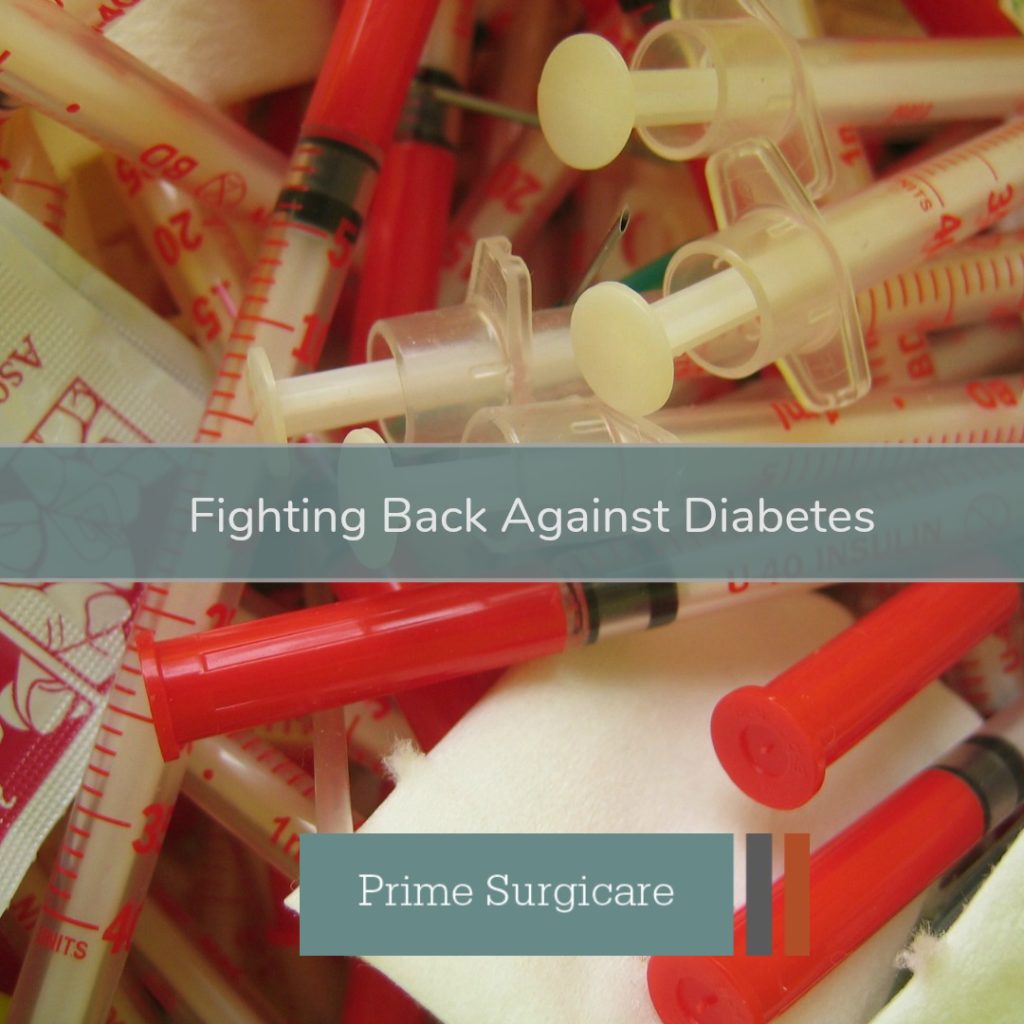The sleeve gastrectomy is the most popular bariatric surgery in the world today.
In the majority of cases, this type of surgical weight loss will provide the patient with the greatest probability of sustained weight loss.
So why doesn’t it work for some people?
As a bariatric surgeon, I have identified five main reasons why the vertical sleeve gastrectomy (VSG) may not achieve the weight loss volume anticipated.
I address the reasons your gastric sleeve surgery may not yield the results you expect–so you can be sure to avoid these caveats now!
1. Lack of Understanding How the Vertical Sleeve Gastrectomy (VSG) Works
Your new stomach is reduced by about 75%; you will eat 2-4 oz. of food soon after surgery and only about 4-6 oz. later on. If you overeat, complications will ensue. The gastric sleeve weight loss surgery also pumps up your metabolism into overdrive so you burn more calories, especially during the first 6 months after surgery. If you don’t follow the post-op protocol during this crucial time, overall weight loss may be diminished.
2. Resuming an Unhealthy Diet After Sleeve Weight Loss Surgery
Some patients go back to eating poor quality food after surgical weight loss, just in smaller quantities. You can still gain weight eating smaller amounts of fast food, sugar, processed foods, etc., even after weight loss surgery.
It’s critical to partner with your bariatric dietitian to create an improved food plan that gives you energy, helps you lose weight quickly, and provides the nutrition your body needs to function optimally.
3. Lack of Exercise
You want to burn off the calories you are eating, even if those numbers are far below what you formerly consumed. Working-out is also a metabolism-booster to speed your calorie burn. Exercise can also help keep your skin tighter as you lose excess fat. If you ignore calorie-burning exercise, it will slow weight loss speed.
4. Medications
Many people take prescription medications daily and are not aware they can be ‘medication positive,’ meaning weight gain is a possible side effect.
Beta blockers, steroids and antidepressants are examples of medications which can derail weight loss after the gastric sleeve.
5. Technical Reasons
There is some variation about the amount of stomach removed during bariatric surgery.
Surgeons who leave too much, which can be more common when a previous weight loss surgery has been performed, may not remove the part of the stomach which contains ghrelin, the hormone that produces hunger. Be sure to speak with your surgeon about the volume of stomach that will be removed and how it will affect the ghrelin in your body.
I’ve decided my career to helping people overcome obesity and regain their health. The sleeve gastrectomy is a wonderful solution for very overweight people who have been unsuccessful losing weight with other diets and exercise programs.
Prime Surgicare Bariatric Success Story Barbara Vargas Shares Her Gastric Sleeve Journey
But the bariatric patient still has to do the work and be compliant:
Follow your bariatric surgeon’s guidelines, eat the food, beverages and water volume prescribed by your bariatric dietitian. Find an exercise you enjoy and do it regularly. Reach out for multiple sources of weight loss support, such as a live or online weight loss support group, where you can share experiences with others engaged in the same journey.
Your weight loss surgery is not “just an operation.”
Be sure the bariatric surgery practice you choose offers a full range of support services to help you in all aspects of your life-changing journey.
Wishing you every success.
Dr. Seun Sowemimo






